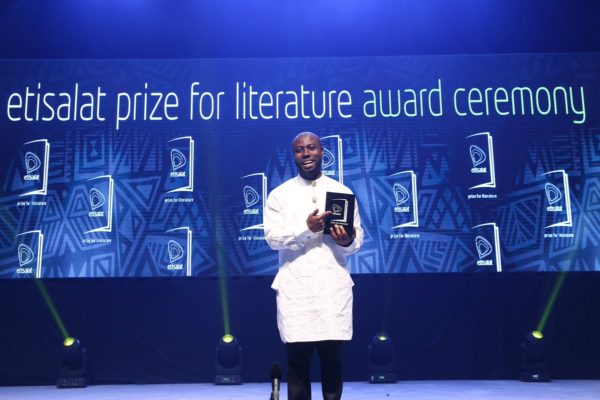
Jowhor Ile has been awarded the 2016 Etisalat Prize for Literature for his debut novel And After Many Days, making him the first Nigerian to take the prize in its four years. The event was held an hour ago in Lagos.
The $15,000 Etisalat Prize for Literature is awarded to the best debut book of fiction by an African. Jowhor’s novel had been on the shortlist alongside Jacqui L’Ange’s The Seed Thief and Julie Iromuanya’s Mr. and Mrs. Doctor. Helon Habila chaired the judging panel which also had Elinor Sisulu and Renee Edwige Dro.
The ceremony saw performances, most notably by Titilope Sonuga whose powerful poetry we’ve published.
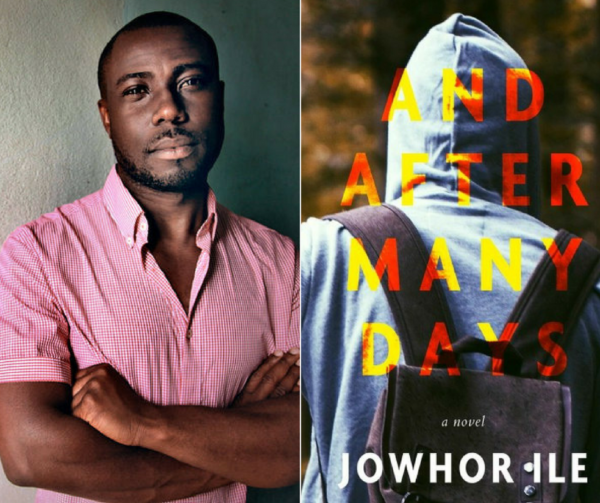
Jowhor was born in 1980, in Nigeria where he currently lives. His fiction has appeared in McSweeney’s Quarterly, Litro Magazine and—we are indescribably excited to state this—Brittle Paper. After it first appeared in McSweeneys, we republished his beautifully-paced short story, “Afternoon Street,” in 2014. Since then, we have featured him in a host of posts, the most recent being days ago when his novel is compared to an ailment for impatience.
Jowhor first came to the notice of the literary scene in 2013 when Chimamanda Ngozi Adichie gave him a shout-out in an interview.
There’s a young man called Jowhor Ile who is just finishing a novel, who I think is really spectacular. His novel, when it comes out, will be very good.
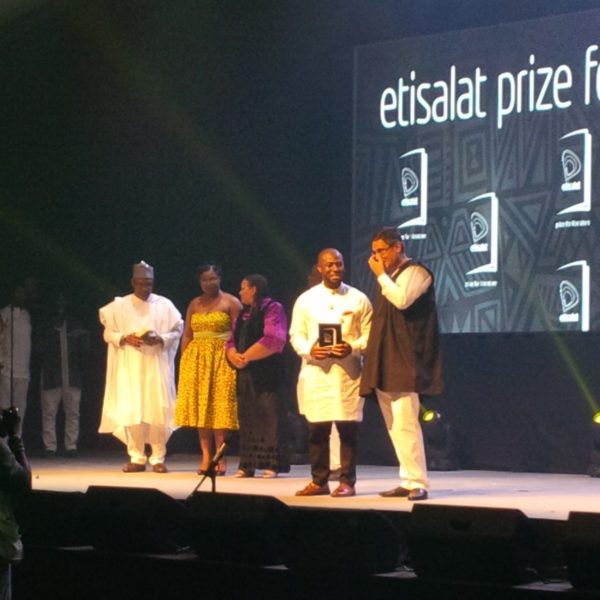
That novel, And After Many Days, dropped last year, and has now won the continent’s biggest first book prize. Its story revolves around a missing boy whose absence sees his family torn apart. Here is a synopsis from its international publishers, Penguin Random House.
During the rainy season of 1995, in the bustling town of Port Harcourt, Nigeria, one family’s life is disrupted by the sudden disappearance of seventeen-year-old Paul Utu, beloved brother and son. As they grapple with the sudden loss of their darling boy, they embark on a painful and moving journey of immense power which changes their lives forever and shatters the fragile ecosystem of their once ordered family. Ajie, the youngest sibling, is burdened with the guilt of having seen Paul last and convinced that his vanished brother was betrayed long ago. But his search for the truth uncovers hidden family secrets and reawakens old, long forgotten ghosts as rumours of police brutality, oil shortages, and frenzied student protests serve as a backdrop to his pursuit.
In a tale that moves seamlessly back and forth through time, Ajie relives a trip to the family’s ancestral village where, together, he and his family listen to the myths of how their people settled there, while the villagers argue over the mysterious Company, who found oil on their land and will do anything to guarantee support. As the story builds towards its stunning conclusion, it becomes clear that only once past and present come to a crossroads will Ajie and his family finally find the answers they have been searching for.And After Many Days introduces Ile’s spellbinding ability to tightly weave together personal and political loss until, inevitably, the two threads become nearly indistinguishable. It is a masterful story of childhood, of the delicate, complex balance between the powerful and the powerless, and a searing portrait of a community as the old order gives way to the new.
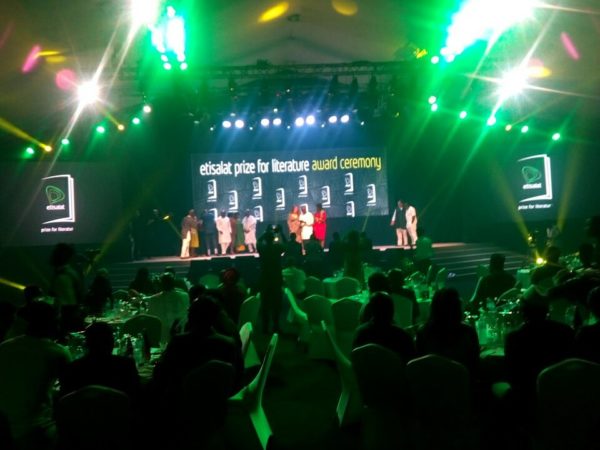
The novel, since publication, has drawn praise from top authors and magazines. Here is Taiye Selasi’s blurb.
One rarely finds ‘page-turner’ and ‘poetry’ in the same sentence, but And After Many Days is a rarity indeed. At once calm, collected, lyrical and heartbreaking, Ile’s debut is many things: an achingly tender portrait of family life, a brilliantly executed whodunnit, a searing critique of Nigerian politics, a meditation on love. I couldn’t put it down and was forever changed when I did. The Utu family will stay with me always.
Here is Chigozie Obioma reviewing it in The New York Times Book Review:
Ile creates an atmosphere of ominous tension and renders the grief of the family in restrained and moving language. He has a particular talent for reflecting the perfect details that make even a passing moment come to life.
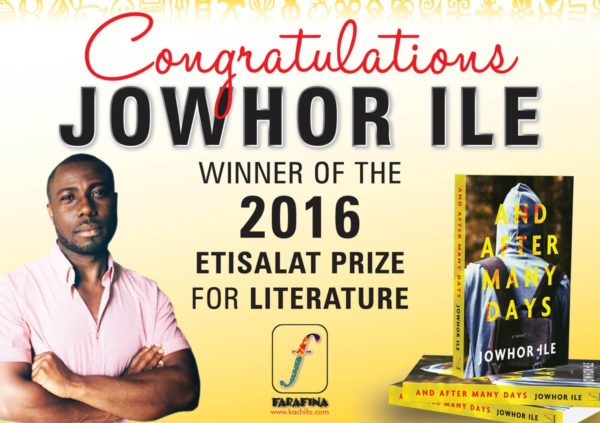
Uzodinma Iweala:
And After Many Days is a brilliant novel that paints a vivid picture of a changing society, effortlessly shifting between moments and years, all while keeping us grounded in a growing boy’s understanding of himself and the surrounding world. It is a book that offers profound insight into a country that headlines can never capture. A wonderful debut.
Here is an excerpt of a review in Flavorwire:
Ile’s story of a family and community dealing with the loss of a missing teenager could become the surprise debut of the year.
A. Igoni Barrett:
Jowhor Ile is rooted in the lush mindscape of the Niger delta. For here is a writer whose rare insight is evident not only through the voice he breathes into his characters but also in how deep he digs to tap the wellspring of their history. Bumps of pleasure and flashes of recognition lie in ambush on page after page of this smooth-singing, hard-hitting novel—a tender and lucid accomplishment by a distinctive talent.
Here is a review in The Root:
In haunting, poetic language, Ile crafts a portrayal of a family grappling with the loss of a child. The characters are vivid and well-drawn, full of the inconsistencies and moments of grace that make us human . . . Ile proves himself a master storyteller. Here is a novelist who will undoubtedly become one of the foremost voices in contemporary literature.
Here is Binyavanga Wainaina:
Jowhor Ile is a rare talent. This rich book is ripe with mood and full of love, masterfully written with the perfect emotional pitch. Nigeria has a new star.
The inaugural 2013 prize was won by NoViolet Bulawayo’s We Need New Names, the 2014 prize by Songeziwe Mahlangu’s Penumbra, and the 2015 prize by Fiston Mwanza Mujila’s Tram 83, which has since been translated into eight languages.
Four hours before the 2016 ceremony, Books Hub Africa published results of their poll on the prize, which revealed Jowhor to be a co-favourite to win. He and Jacqui L’Ange tied with 25% of the votes, while Julie Iromuanya had 4%.
Jowhor will receive a fellowship at the University of East Anglia, under the mentorship of Giles Foden.
The Brittle Paper family rejoices with Jowhor. Congratulations to you!


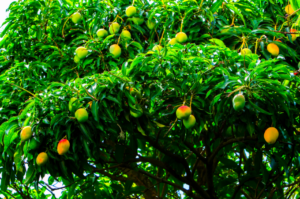


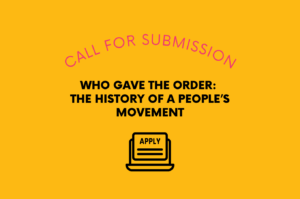



Chuks May 20, 2017 17:35
Wow! Congrats Jowhor Ile.